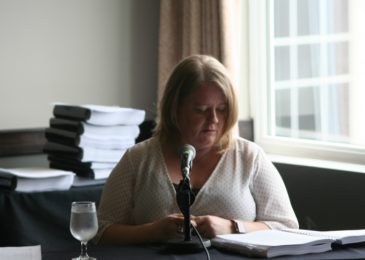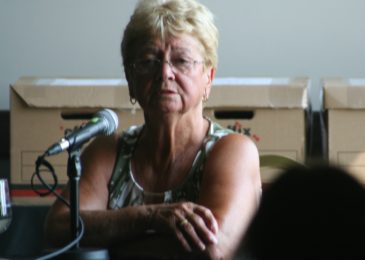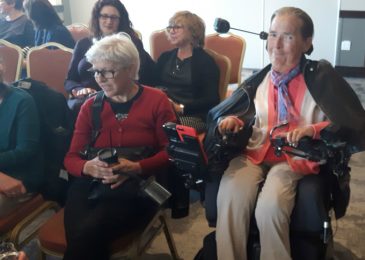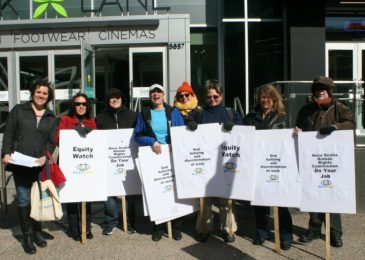Victory for wheelchair users in human rights case, and another embarrassment for the NS Human Rights Commission
In July we reported on a Nova Scotia Human Rights tribunal asked to decide whether to prevent people who use wheelchairs from washing their hands in a restaurant amounts to discrimination. Well, this time the good guys won, and the the province lost. Another loser was the NS Human Rights Commission, which did not want to consider the case until told by a judge to do so,









